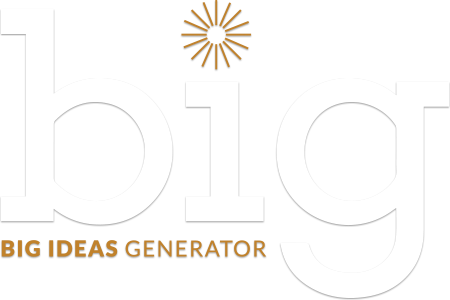
Project
Big Question: The Relationship Between Literature and Knowledge, Creativity, and Cognition

Principal Investigator: Dario Maestripieri, Comparative Human Development
Funding Type: Workshop
Focus Area: Complexity
Big Idea: The goal of this workshop is to address the relationship between literary fiction and knowledge, creativity, and cognition. Workshop participants will consider whether literature can be conceptualized as a form of knowledge. As a form of the representation of reality, and therefore like all other forms of representation, literary works function as lenses upon knowledge and as such have a direct relationship to it: but does that mean that they can be conceptualized as knowledge themselves? Workshop participants will also consider whether literature-related knowledge is embodied. If it is, this would imply that the main subject matter of literature – the human experience – is continuous with that of sensory perceptions, thoughts, emotions, and beliefs. This, in turn, implies that literature is a form of cognitive activity, which both is produced by and produces other cognitive activities. Workshop participants will then address the role of pre-existing knowledge and creativity in the production of literature, as well as discuss how literature stimulates cognition and creativity, thus producing new knowledge. We will discuss studies suggesting that long-term exposure to literary fiction improves social-cognitive skills. We will likewise examine the different pathways and mechanisms through which literature can generate and transfer new knowledge.
Check out other funded projects